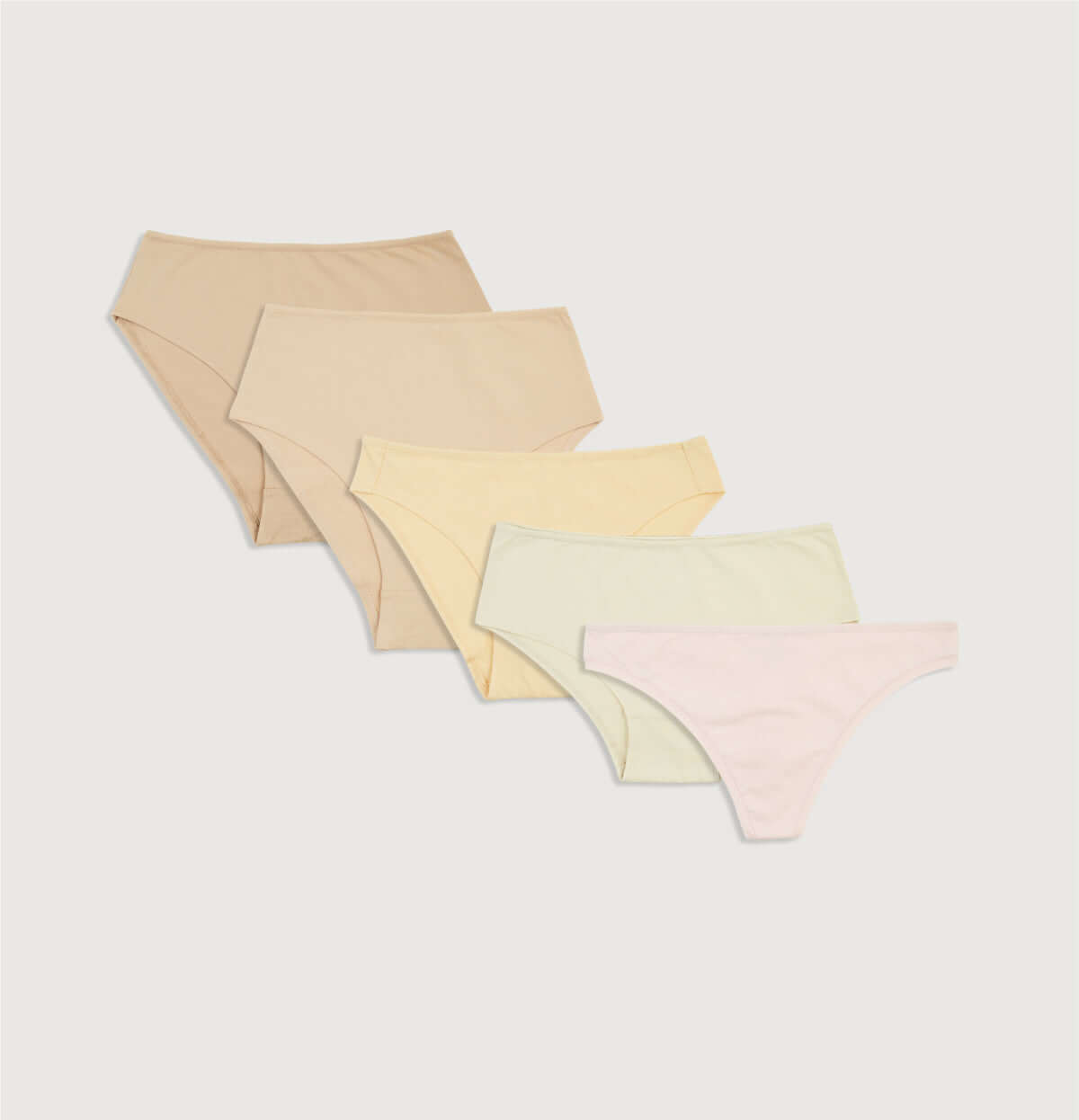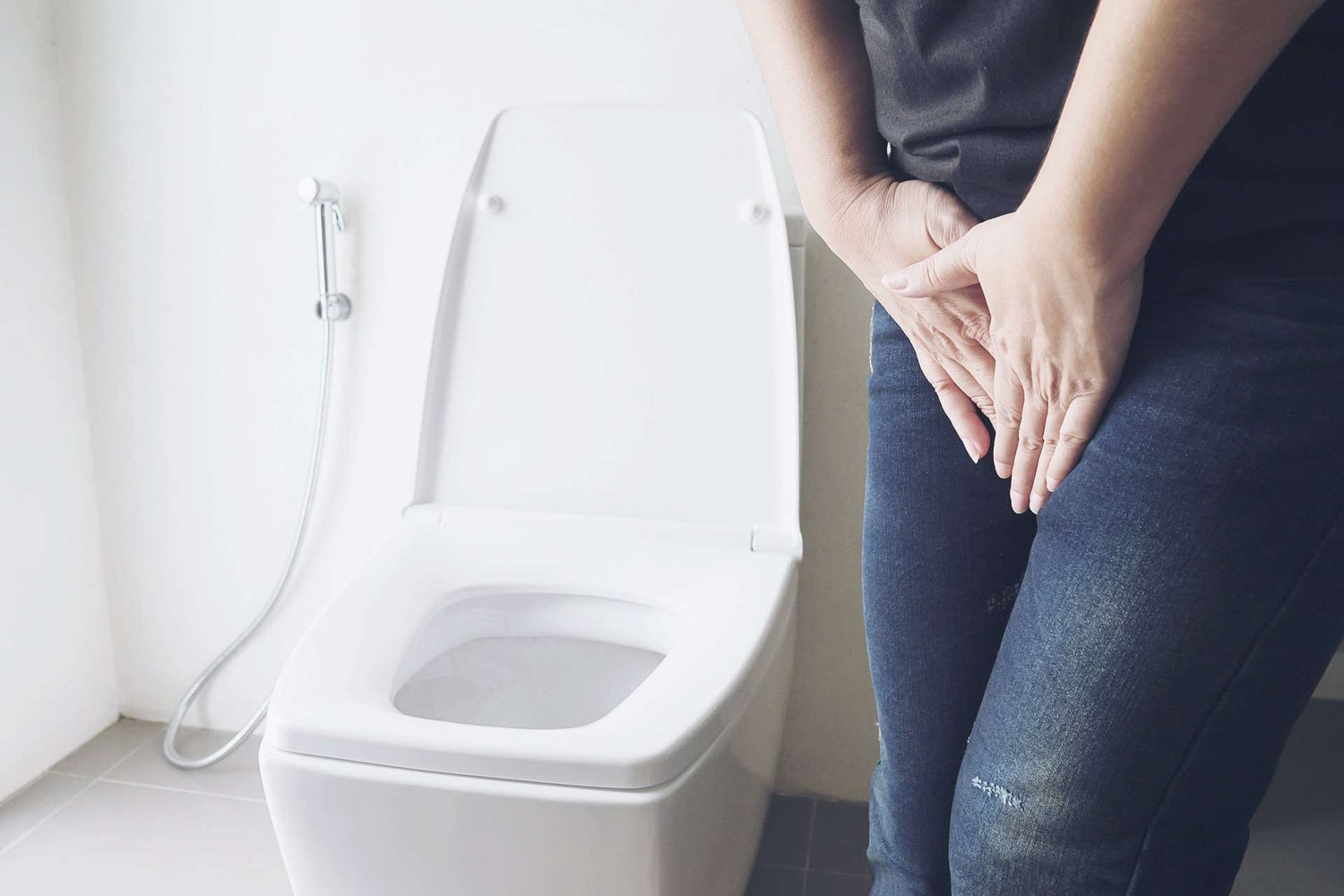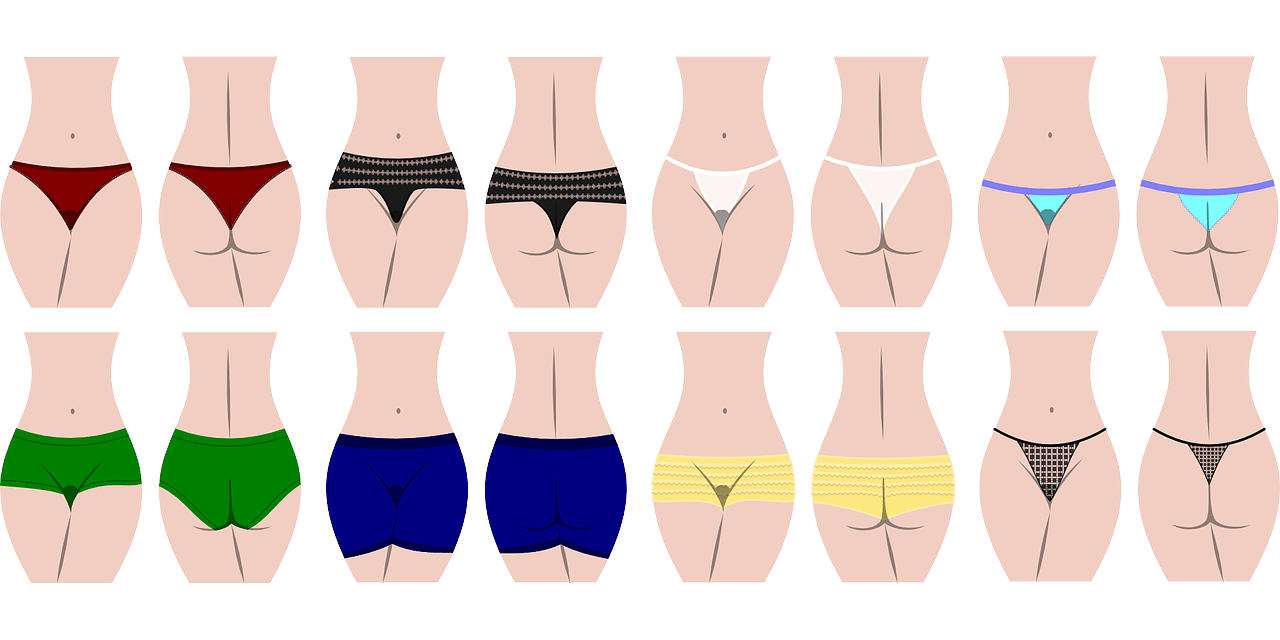You know that part where one moment everything is fine, and the next you run to the bathroom with an urgent need to pee? Even though you were there a minute ago? To pee two more drops that end in an unbearable burning sensation that won't go away?
So you probably had a urinary tract infection once.
The facts
The urinary system is a system of excretion that deals with the removal of waste products from the bloodstream, through the kidneys located in the lower back-lumbar region, where urine is produced and passed to the ureters. From the ureters, urine passes to the bladder and is stored there, and from there to the urethra and out of the body. This urethra is the reason why women have many more urinary tract infections. While in men the urethra is about 20 cm long and ends inside the penis, in us it ends in the vagina - between the opening of the vagina and the clitoris. And it is very short! About 4 cm. Therefore, it is a perfect slide for bacteria to slide from the vulva and anus up towards the bladder .
The most common infection is a bladder infection (cystitis), which causes the familiar symptoms: burning when urinating, urgency and frequency, and sometimes lower abdominal pain.
When such an infection is left untreated, it can climb up into the renal pelvis and bring with it symptoms such as fever, chills, nausea, and vomiting. The biggest problem is that these infections tend to recur and sometimes even become chronic.
How is inflammation diagnosed?
By a general urine test (BASTIC), the results of which are obtained on the spot, and indicate the presence of white blood cells. Sometimes nitrites and red blood cells will also appear in the urine.
The type of bacteria can be tested by taking a urine culture that is sent to the laboratory, and thus finding the appropriate treatment.
H Waiting for the culture results again! More than once, I started taking antibiotics before I got the culture results, and when they came back, I discovered to my surprise that there was no bacteria at all. In addition, it is important to match the type of antibiotic to the type of bacteria. Quite a few doctors diagnose a urinary tract infection based on symptoms alone, especially in women who suffer from them chronically. Ask to send a urine culture and avoid unnecessary use of inappropriate antibiotics.
How does this happen and what can be done?
Having sex
- Contact between organs, hands, and fluids may invite bacteria into the urethra that do not necessarily belong there.
- Penetration into the vagina can sometimes injure the delicate tissues in the area, especially in women who experience vaginal dryness, or penetration before they and their vulva are physically or emotionally ready. These injuries increase the chance of developing infections .
Using spermicides and silicone-based lubricants may also irritate the mucous membranes in the vulva and vagina, create small cuts and allow bacteria to enter. - Make it a habit to pee before and immediately after sex. It's also better to wash yourself with water (only with water). Ask your partner to wash their hands or take a shower before sex. True, it ruins the spontaneity a bit. But it can prevent the suffering that comes afterwards.
Drinking
- Insufficient drinking, dehydration, and prolonged holding in. Urine flushes out unwanted bacteria from the urinary tract. When there is no good fluid movement, these bacteria remain and make a mess.
- Make sure to drink plenty of water. Always, and especially when there is a diagnosed infection. How much is "enough"? It's individual. Until the urine is clear. We should urinate about 6-7 times a day and it shouldn't interfere with our daily routine or bother us.
- I also recommend combining infusions from relevant plants (various): corn silk, nettle, coriander.
Hygiene
- Wearing underwear made of synthetic fabrics and using panty liners or sanitary pads contribute to the creation of moisture and heat (which bacteria like) in the vulva area and do not allow for proper ventilation.
- The use of substances containing chemicals (intimate washes, creams, perfumes) also irritates the skin and mucous membranes of the vulva and vagina.
- Change your underwear at least once a day, and in the summer you can do it more often.
- Make sure they are made of organic cotton , preferably white, and free of unnecessary dyes and chemicals.
- I recommend sleeping at night without underwear and letting the area air out.
- Use reusable pads and underwear made of organic cotton and be sure to change them every few hours.
- After pooping, wipe in reverse! Wipe from the vulva towards the anus, not the other way around.
- A word about thongs . The most common bacteria in urine cultures is E-COLI, which naturally lives in the digestive system and not in the vagina or vulva. Thongs allow bacteria to pass from the anus to the vulva and vagina.
A word from the heart: Talk about it.
Share the problem with your spouse and the women close to you.
From my personal and clinical experience, I see that many urinary tract infections are related to emotional conflicts around issues such as relationships and intimate relationships or sex, and sometimes it's also stress at work. Our bodies know how to talk, especially the vulva and female organs that are unique to us. Listen to them and you'll be surprised to discover what interesting answers you'll find there!
Chinese medicine and urinary tract infections
While in the West, the causes of disease are bacteria, viruses, toxins, etc., the Chinese treat the body and mind as a whole that adapts itself to changes around and within it. Therefore, when it comes to a urinary tract infection (or any other pathology), the root of the problem is the internal environment - "body and mind", which allows the infection to get out of control.
Every woman is different. For one, it's heat and humidity that block the bladder, for another, the cause may be unregulated emotions, and for a third, it's a high-sugar diet that encourages inflammation.
The goal of Chinese medicine treatment is to locate the stuck systems that are out of balance - and return them to balance.
Bringing the body and mind into harmony energetically and physiologically, and treating the root of the problem, not just the symptoms.
I know many women who have managed to break the vicious cycle of recurring infections through acupuncture, touch, herbs, and nutrition. That's why I highly recommend treating urinary tract infections with them!
Only health!
Written by Noa Milk






